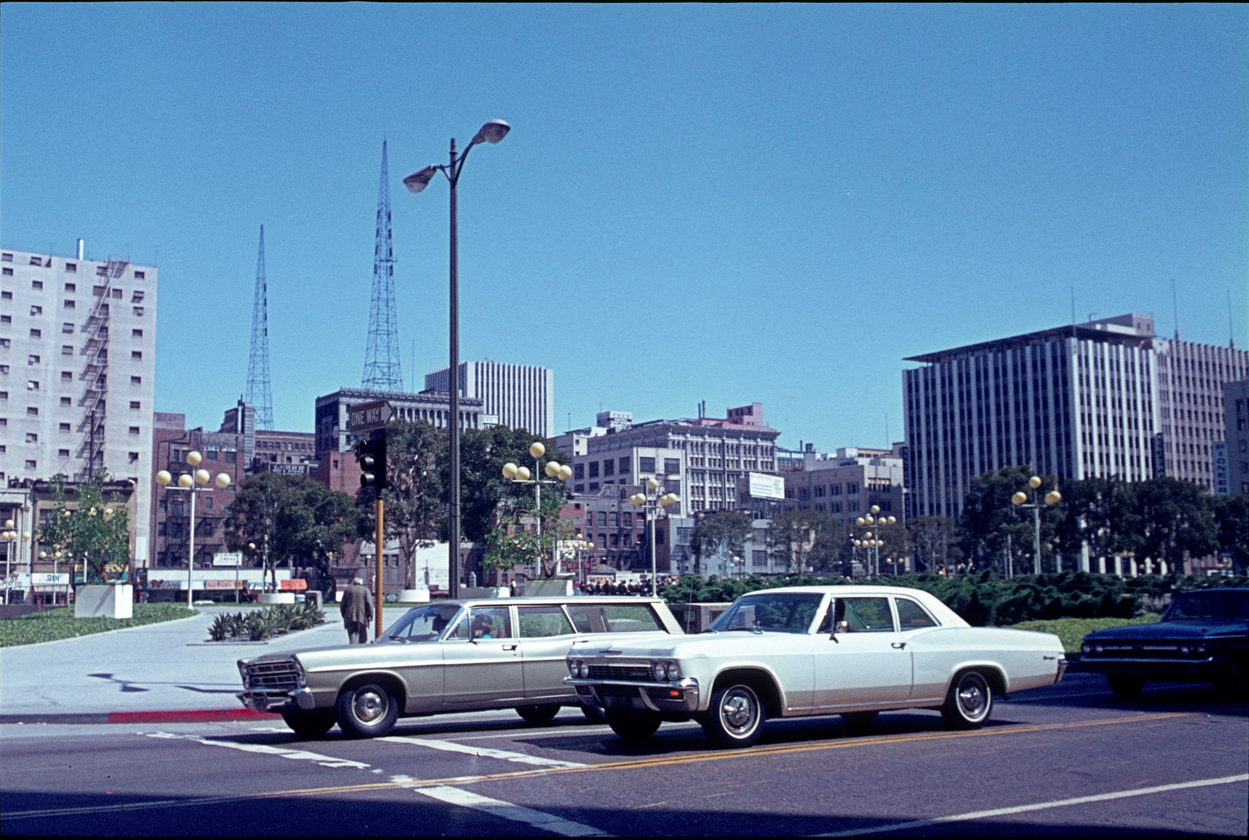
Referred to by litigators as California Civil Code 1750, the California Consumer Legal Remedies Act (CLRA) proclaims numerous “methods of competition and unfair or deceptive acts or practices undertaken by any person in a transaction intended to result or which results in the sale or lease of goods or services to any consumer.” Unfair business practices covered under the CLRA include selling used products under the label of “New” and inserting fine print within rebate policies.
California residents benefit from the CLRA because the landmark legislation allows consumers to seek damages as a result of suffering from unfair business practices. The consumer protection law does not permit plaintiffs to receive monetary awards, but instead, the CLRA gives plaintiffs that legal right to seek punitive damages, as well as the restitution of property and services. Defendants cannot recover attorney fees and in most cases they pay the fees charged by plaintiff attorneys.
Broad Consumer Protection Power
The CLRA covers a wide range of unfair business practices, with 24 specific unscrupulous acts mentioned within the consumer protection law.
Here is a list of the most common unfair business practices prosecuted under CLRA statutes:
- Advertising products and/or services with the goal of not selling the products and/or services as advertised
- Failure to include the term “unassembled” in furniture sales for unassembled furniture
- Declaring the need for repair service or part replacement when neither service is needed
- The claim of manufacturing products when another company produced the products
- Implementing deceptive advertising practices that make false geographic claims
- Using the term “Original” when the product has been altered, reconditioned, or sold secondhand
- Making false claims against the products made by another manufacturer
- The insertion of unrealistic provisions within a contract
More about Misleading Advertising
The CLRA cracks down hard on businesses that practice false advertising. Misleading advertising varies in form, from making false claims about product benefits and features to claiming an inaccurate product lifespan. Before passage of the CLRA, consumers had little, if any legal recourse against businesses that ran false advertising campaigns. Bait and switch represents that most prevalent type of false advertising practice. The illegal practice includes the promise of delivering a service at a listed price and then charging more for the service in a monthly statement.
The CLRA Protects Consumers
The broad legal powers established by the CLRA have made the landmark law the prototype consumer protection law for many other states. In addition to classic bait and switch schemes and blatant misleading advertising campaigns, the CLRA covers less publicized unfair business practice violations.
- Securities Fraud
- Unauthorized Charges
- Credit Card and Bank Fraud
- Cell Phone and Telecom Fraud
The CLRA came into play during the financial crisis of 2007-08. Rampant securities fraud forced thousands of California residents to invoke the CLRA in individual and class action lawsuits. CLRA statutes protect consumers against unauthorized charges typically found in a contract agreement’s fine print. Credit card and bank fraud refers to unfair practices, such as arbitrarily increasing interest rates. Because of rapidly changing technology, telecom and cell phone fraud has emerged as one of the most litigated types of cases under the CLRA.
Consumers enjoy many legal protections under the CLRA. However, the landmark law contains complicated legal language that requires the assistance of a licensed consumer protection law attorney. Contact our office today to receive an initial consultation to see how you benefit from filing a CLRA individual or class action lawsuit.





